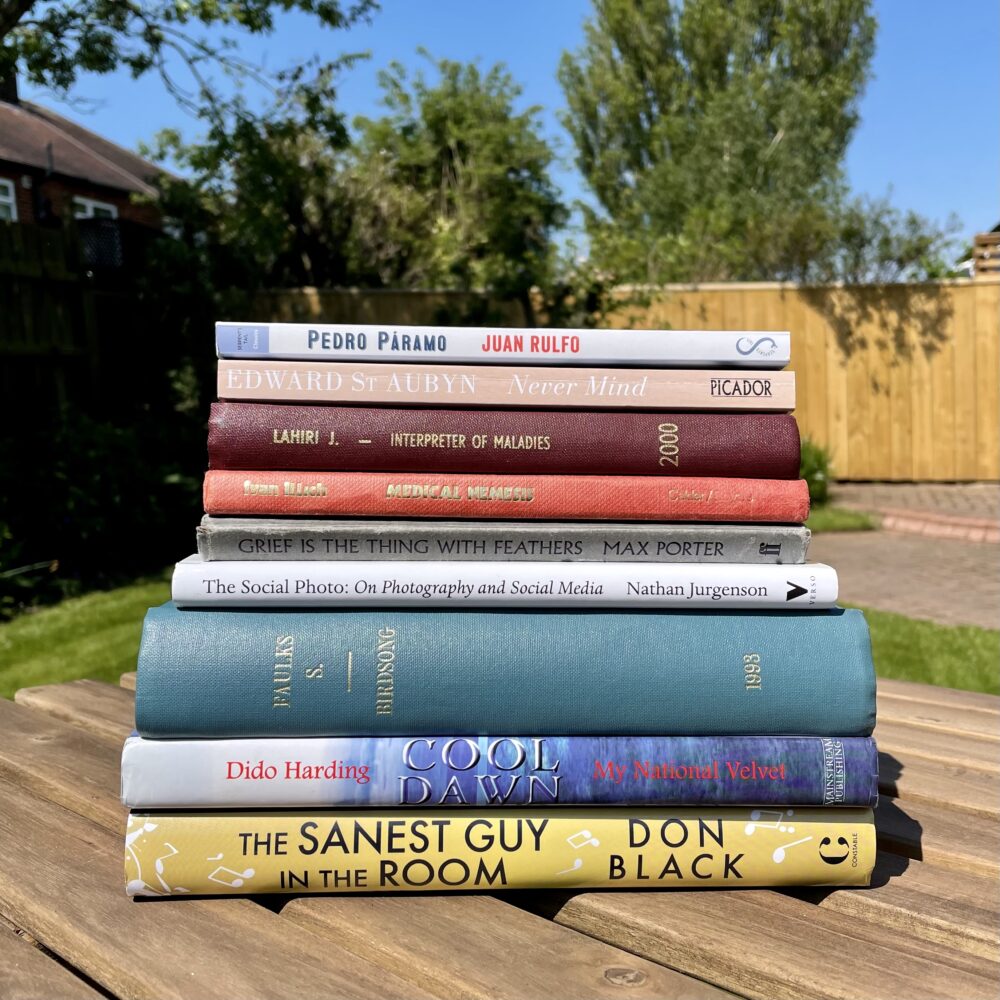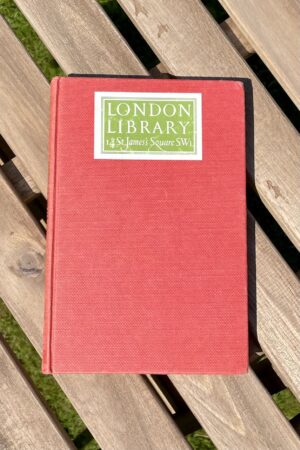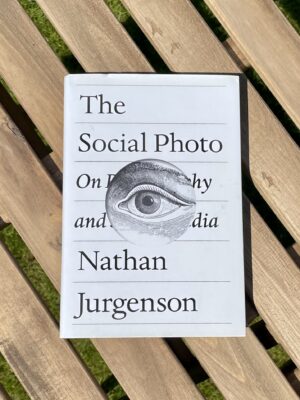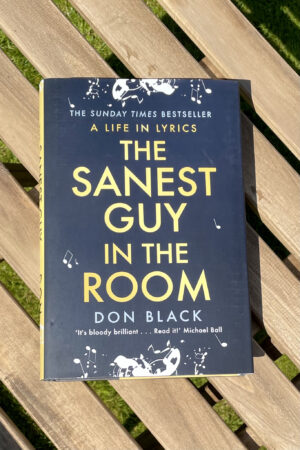I dug this 1976 book out of the library in response to my Goodreads friend Richard Smith re-posting his 2002 piece about it. I’d never heard of it before, but blimey its force of argument blew me away.
Illich’s central argument is that “the medical establishment has become a major threat to health … A vast amount of contemporary clinical care is incidental to the curing of disease, but the damage done by medicine to the health of individuals and populations is very significant.”
Some of the specific arguments and statistics Illich uses show their age, but it is hard to substantially disagree with most of his central points. Illich’s lengthy arguments about the various forms of iatrogenic harm lead him to argue for keeping most of the population away from the medical establishment and instead bolstering the ability of communities to maintain their health and cope with ill-health. “The level of public health corresponds to the degree to which the means and responsibility for coping with illness are distributed among the total population … A world of optimal and widespread health is obviously a world of minimal and only occasional medical intervention. Healthy people are those who live in healthy homes on a healthy diet in an environment equally fit for birth, growth, work, healing, and dying.”
For me personally, this book has come at the perfect time. I have been worrying about the extent to which the response to the covid-19 pandemic has emphasised a professional / medical model of healthcare to an extent that I have never before seen in my medical career. Even at the ‘slightest symptom’ the population is encouraged to engage with the ‘establishment’ via formal testing. I worry that we will struggle to put the genie back in the bottle.
The age-adjusted mortality rate for the most deprived quintile of the UK is a multiple of that for the least deprived quintile, yet—at least from what we have heard to date—the mainstay of the plan for future pandemics appears to be to beef up the medically driven response (people like me) rather than doing anything meaningful to tackle the underlying social issues.
This book was a timely reminder of the limits of the medical approach to health that articulated much of what I’ve been worrying about. I’m not sure I would go as far as Illich in arguing against medicine, but having a polemic like this certainly stimulates thought.










